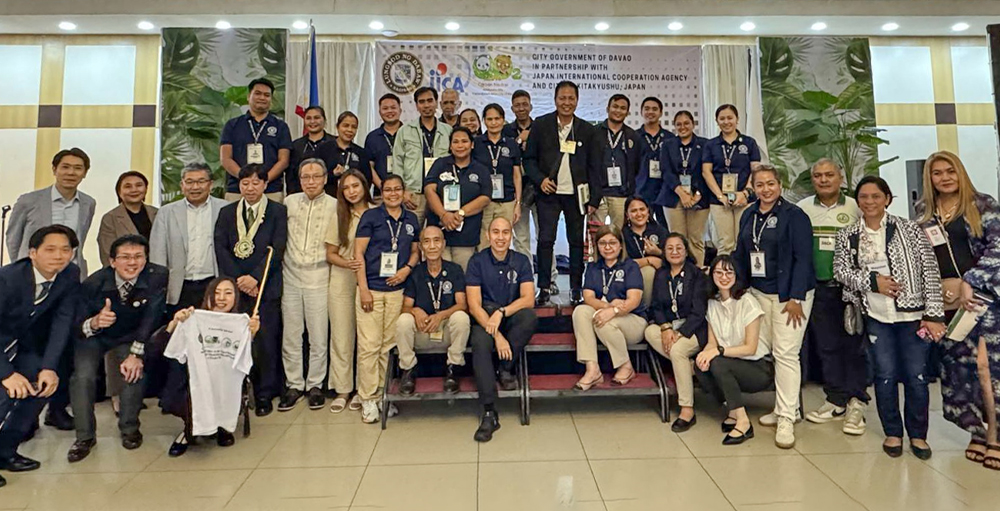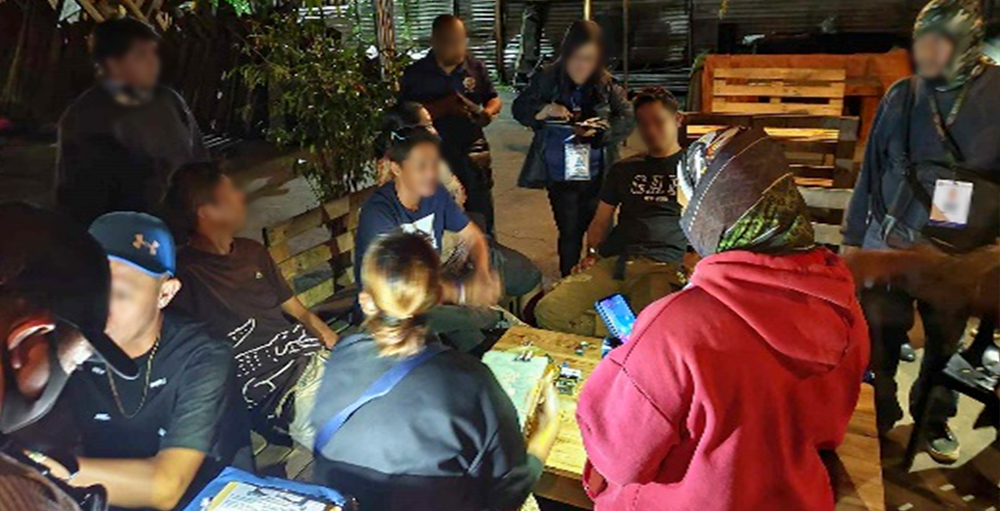With the intent of bringing lessons from Japan’s solid waste management efforts, Barangay 76-A in Bucana is actively carrying out the Japan International Cooperation Agency (JICA) grassroots project to improve garbage segregation, collection, and recycling processes.
The grassroots project is a collaboration between JICA and the City Government of Davao that aims to reduce and separate wastes in the city.
Evelyn Riola Salado of City Environment and Natural Resources Office (CENRO), in an interview with Go Clean, Go Green Program over city-owned Davao City Disaster Radio (DCDR), said Barangay 76-A in Bucana now has seven Puroks that practice garbage segregation and bio-waste reduction.
Salado said they visited Kitakyushu City, Japan in 2023 to study that city’s waste processing facilities, recycling facilities, and garbage collection locations. The team from Davao City also went to an elementary school in Kitakyushu to learn about well-prepared environmental teaching methods.
She also said 110 barangays recently attended a summit where CENRO presented the benefits of the JICA initiative.
Salado said before the JICA project was implemented, volumes of wastes were being collected in Barangay 76-A. Now, she said, residents place wastes for recycling in Material Recovery Storage that JICA has provided.
“Kato’ng mga barangay nga na-invite namo during that JICA summit nagadool na gyud [sa amoa]. They want also JICA to visit their barangays nga mahimo’ng recipient ana nga project. Pero, we are willing to teach them and guide them on that JICA project (The barangays that were invited in the JICA summit now go to us. They also want JICA to visit their barangays and become recipients of the project. We are willing to instruct and mentor them on that JICA project),” she added.
Jieck Arreza, Focal Person of the Cesario Villa-Abrille Elementary School, said they host symposiums in addition to the weekly 10-minute cleanup effort after the flag-raising ceremony.
Arreza claimed that since the JICA project began in 2023, they have witnessed progress, now gathering less than 15 kilograms of wastes, instead of the 20 to 30 kilograms of waste collected every week before the implementation of the project.
“Last Monday, naa’y time muabot og three kilos na lang or two kilos. Niabot gyud og time nga nakapunit mi og less than one kilo na lang (Last Monday, we only picked three or two kilograms. There was also a time where we picked less than one kilogram),” he said.
He also said that they are open to extending their methods to other institutions in the area.
Salado also urged Dabawenyos to actively participate in proper solid waste management by segregating their trash at home. CIO



